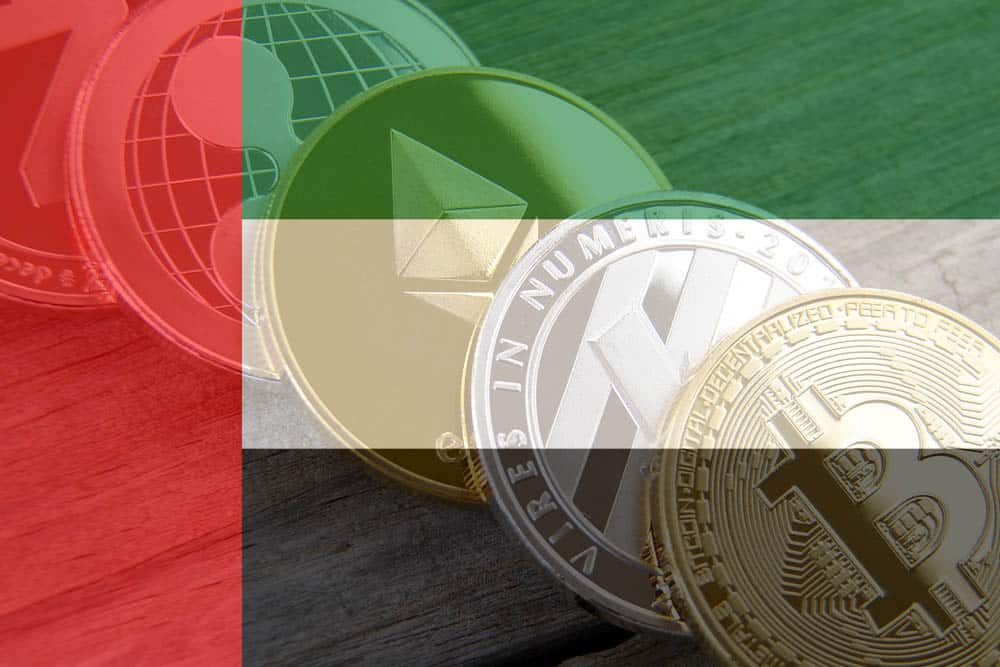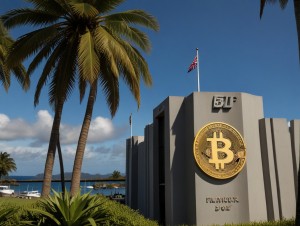On Tuesday, Dubai’s Virtual Assets Regulatory Authority (VARA) released its long-awaited regulation guidelines for its local crypto industry. These rules establish ten core principles, such as licensing qualifications, anti-money laundering obligations, marketing protocols, and a ban on anonymous-focused cryptocurrencies referred to as privacy coins.
VARA defines anonymity-enhanced cryptocurrencies as those that obstruct the tracing of ownership or transactions, an issue for which there is currently no practical solution available for crypto service providers.
According to Dubai’s new rule, cryptocurrencies such as Zcash (ZEC) and Monero (XMR) are not allowed, with local entities also being prohibited from creating similar coins. Japan came to a similar conclusion in 2019. Also, numerous exchanges have followed suit over the past few years; Huobi and BitBay being two examples. Coinbase removed ZEC from its UK platform last year and has yet to add XMR.
The VARA mandates that all entities desiring to refer to themselves as virtual asset businesses must be licensed. Additionally, large proprietary traders investing $250 million or more in crypto must register with the VARA. It is also within the regulatory authority to revoke a license under any violation of directives or insolvency and set fees for services ranging from 40,000 dirhams (equivalent to $10,889) up to 200,000 dirhams (equivalent to $54,449).
Ignoring the rules pertaining to market conduct can result in hefty fines of 20 million dirhams ($5.4 million) for individuals and 50 million dirhams ($13.6 million) for businesses involved with virtual assets, such as exchanges or payment processors. The VARA’s regulations apply not only within the emirate of Dubai but also to its special development zones and free zones – all except the Dubai International Financial Centre, which is regulated by another body.
A report released recently demonstrated that more than 500 crypto companies were enticed to Dubai’s digital asset ecosystem. Yet, the wealthy Middle Eastern city has not made it easy for new businesses wishing to join the party. The due diligence procedure requires a hefty amount of paperwork; over 100 data items or documents must be submitted.
By creating a business-friendly regulatory setting, the VARA aims to make Dubai a regional and international hub for virtual assets that can give it an advantage over its local competitors. Furthermore, the organization hopes this will attract investments and inspire businesses to locate their operations in Dubai.




